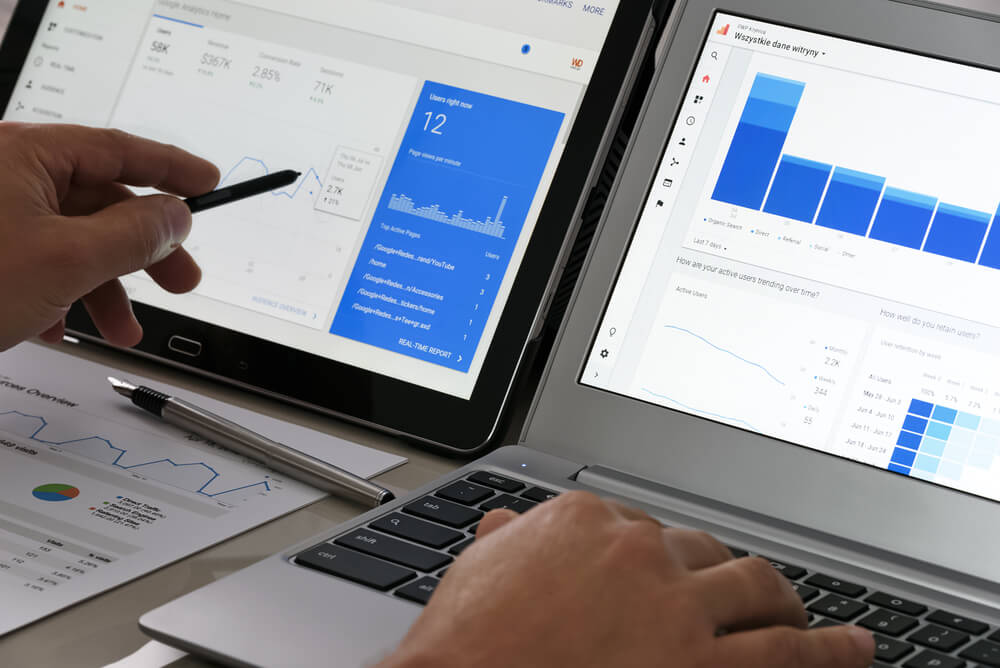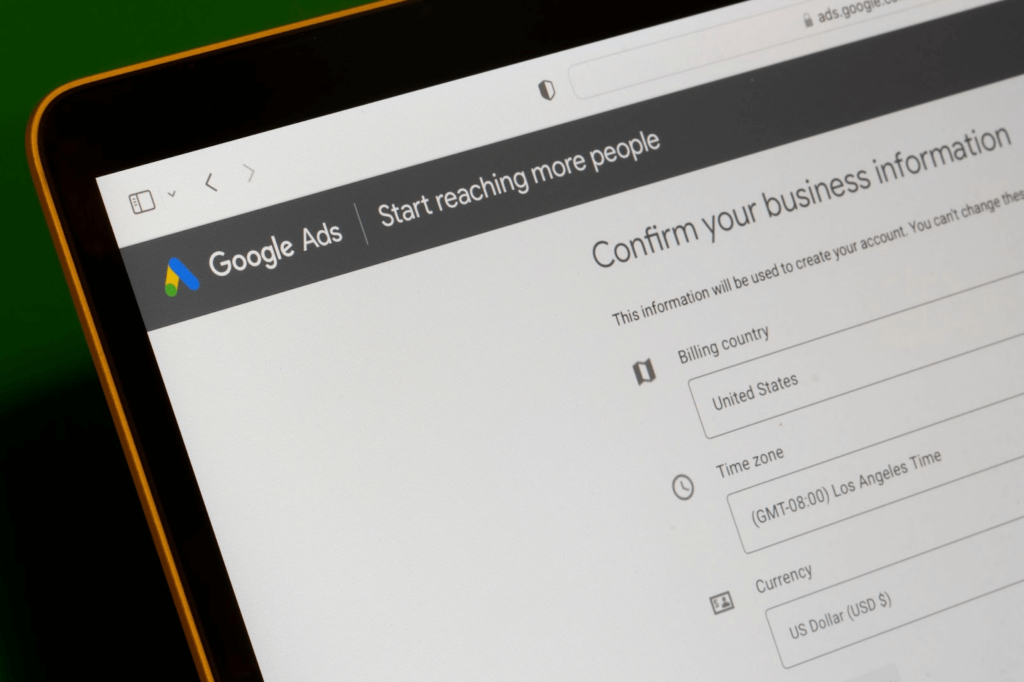In online advertising, Google Ads stands as a powerful tool to reach potential customers. However, for small local businesses with limited budgets, optimizing the impact of these ads becomes paramount. This guide will walk you through essential strategies to set and maximize your Google Ads budget effectively.
What is a good Google ads budget?
A good Google Ads budget is one that aligns with your business goals and allows you to reach your target audience effectively. It’s important to strike a balance between allocating enough budget to achieve meaningful results and not overspending.
Factors like industry competitiveness, target audience size, and desired ad placement all play a role in determining what constitutes a suitable budget. Ultimately, a good Google Ads budget should be tailored to your specific business objectives and financial capabilities.
Common Challenges of Running Google Ads with a Small Budget
Running Google Ads for a small local business with a limited budget comes with its own set of challenges. It’s vital to understand and address these issues to ensure success.
Here, we’ll discuss common challenges and effective solutions.
Budget Limitations and Competition
Navigating budget limitations amidst fierce competition can be daunting. Learn how to make the most of your resources in this competitive landscape.
Ad Position and Visibility
Securing a favorable ad position and maintaining visibility is crucial for success. Discover strategies to optimize your ad placements within your budget constraints.
Achieving ROI and Conversions
Ensuring a return on investment and driving conversions is the ultimate goal. Uncover techniques to maximize conversions without overspending.

How To Run Effective Google Ads with a Small Budget
Running effective Google Ads with a small budget requires strategic planning, careful targeting, and optimization. It involves maximizing the impact of limited resources to achieve desired outcomes, such as increased website traffic, lead generation, or sales conversions.
The key is to focus on relevant keywords, create compelling ad copy, and ensure a seamless user experience from ad click to conversion. Monitoring campaign performance and making data-driven adjustments are crucial for ongoing success. Moreover, considering alternative advertising channels and utilizing Google’s automated features can further enhance the effectiveness of your campaigns on a limited budget.
How to Set a Budget for Google Ads
How do you set a realistic budget for Google ads? A Google ads recommended budget needs to be aligned with your goals and resources.
Consider these key steps:
Assessing Your Business Goals
Align your budget with your business objectives. Learn how to set realistic goals that drive growth and profitability.
Keyword Research and Cost Analysis
Conduct thorough keyword research to identify cost-effective yet high-performing keywords. Understand how to allocate budget efficiently for optimal results.
Experimenting with Different Budget Levels
Iterative testing is essential for refining your budget strategy. Discover how to experiment with various budget levels to find the sweet spot.
Essential Tools and Resources for Managing Small Budget Google Ads
Leverage the right tools and resources to make the most of your advertising budget.
Here are the essential tools and resources you will need:
Google Ads Budget Management Tools
Explore essential tools that streamline the budget management process, helping you get the most out of your ad spend.
Analytics and Conversion Tracking
Uncover how analytics and conversion tracking can provide invaluable insights for refining your ad strategy on a limited budget.
Industry Research and Competitive Analysis
Stay ahead of the curve by conducting thorough industry research and competitive analysis. Gain an edge in your advertising efforts.

How to Optimize Landing Pages for Small Budget Google Ads
Maximize the impact of your ads by ensuring a seamless user experience from click to conversion.
Creating High-Quality Landing Pages
Craft landing pages that resonate with your target audience, boosting conversion rates and overall campaign success.
A/B Testing and Conversion Rate Optimization
Refine your landing pages through A/B testing and conversion rate optimization. Learn how small tweaks can yield significant results.
Ensuring Consistency between Ads and Landing Pages
Maintain a cohesive message from ad to landing page to build trust and increase the likelihood of conversions.
How to Monitor and Adjust Small Budget Google Ads Campaigns
Continuous monitoring and adjustment are crucial for success. Learn how to make data-driven decisions to refine your campaigns.
Regular Performance Monitoring
Stay on top of your campaign’s performance metrics and make timely adjustments to optimize results.
Making Data-Driven Adjustments
Leverage the power of data to fine-tune your ad campaigns, ensuring maximum impact within your budget constraints.
Scaling Up as the Budget Grows
As your business grows, learn how to scale your ad campaigns effectively to capitalize on new opportunities.
Tips for Creating Effective Google Ads with a Limited Budget
How to maximize Google ads? By following these tips and closely monitoring your campaign’s performance, you can effectively run Google Ads on a small budget and achieve meaningful results for your business.
1. Define Clear Objectives
Start by setting specific and measurable goals for your Google Ads campaign. Whether it’s driving website traffic, generating leads, or increasing sales, having clear objectives will guide your strategy.
2. Target the Right Audience
Narrow down your target audience based on demographics, location, interests, and online behavior. This ensures your ads reach the people most likely to convert.
3. Conduct Thorough Keyword Research
Focus on long-tail keywords that are relevant to your business and have lower competition. This helps maximize visibility without overspending on highly competitive terms.
4. Write Compelling Ad Copy
Craft concise and persuasive ad copy that highlights the unique value proposition of your products or services. Use relevant keywords in your ad text to improve relevance.
5. Utilize Ad Extensions
Take advantage of ad extensions to provide additional information, such as site links, callouts, and location details. This can enhance your ad’s visibility and relevance.
6. Optimize Landing Pages
Ensure your landing pages are user-friendly, relevant to the ad content, and designed for conversions. A seamless user experience improves the likelihood of conversions.
7. Monitor and Adjust Regularly
Keep a close eye on your campaign’s performance metrics. Identify what’s working and what isn’t, and make data-driven adjustments to optimize your ad strategy.
8. Leverage Ad Scheduling
Use ad scheduling to display your ads at times when your target audience is most active. This can help you get the most out of your budget by focusing on peak engagement times.
9. Implement Bid Adjustments
Adjust your bids based on factors like location, device, and time of day to prioritize high-performing segments of your audience.
10. Focus on Quality Score
Improve your ad’s Quality Score by ensuring relevance between keywords, ad copy, and landing page content. A higher Quality Score can lead to better ad placements at a lower cost.
11. Utilize Negative Keywords
Exclude irrelevant search terms to ensure your ads are shown to the most relevant audience. This helps reduce wasted ad spend on irrelevant clicks.
12. Experiment and Test
Continuously test different ad variations, targeting options, and bidding strategies to find what works best for your specific audience and goals.
13. Consider Smart Campaigns
Google’s Smart Campaigns use machine learning to optimize your ads for conversions. They can be a valuable option for businesses with limited time or expertise to manage campaigns manually.
14. Hire The Best Agency
Hiring the right marketing agency, such as LeadOrigin, can be a game-changer for maximizing your advertising budget to its full potential. With their expertise and industry insights, they specialize in crafting tailored strategies that make every dollar count.
Alternatives to Google Ads for Small Budget Advertising
Explore these alternative advertising avenues for small budgets:
Social Media Advertising
Leverage the power of platforms like Facebook, Instagram, and LinkedIn to reach your target audience.
Content Marketing and SEO
Invest in organic growth through content marketing and search engine optimization for long-term success.
Local Advertising Strategies
Explore hyper-local advertising options to target potential customers in your immediate vicinity.

Empowering Your Small Budget: Navigating Google Ads for Local Business Success
Running successful Google Ads campaigns on a small budget requires strategic planning and a keen understanding of your business goals. By implementing the tips and strategies outlined in this guide, you can make the most of your advertising budget and achieve impactful results for your local business.
For further guidance on digital marketing strategies, consider consulting a reputable agency like LeadOrigin, a leading digital marketing agency in Houston, Texas. Their expertise can help elevate your advertising efforts and drive sustainable growth for your business. Consult with them today!

